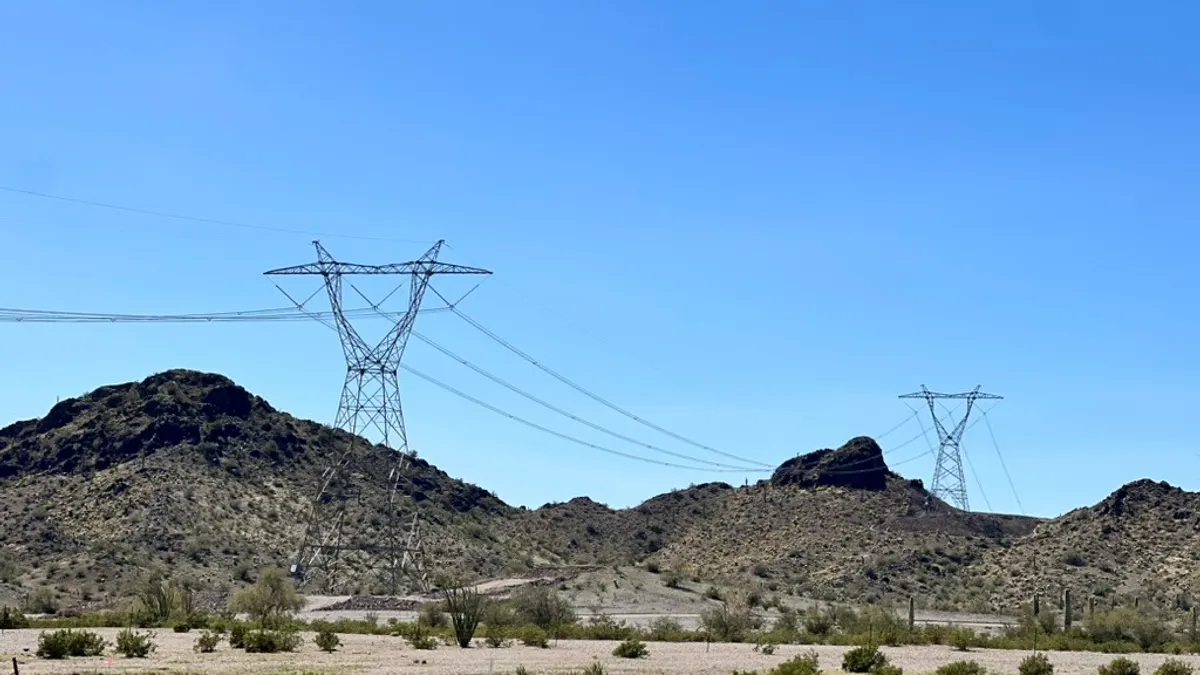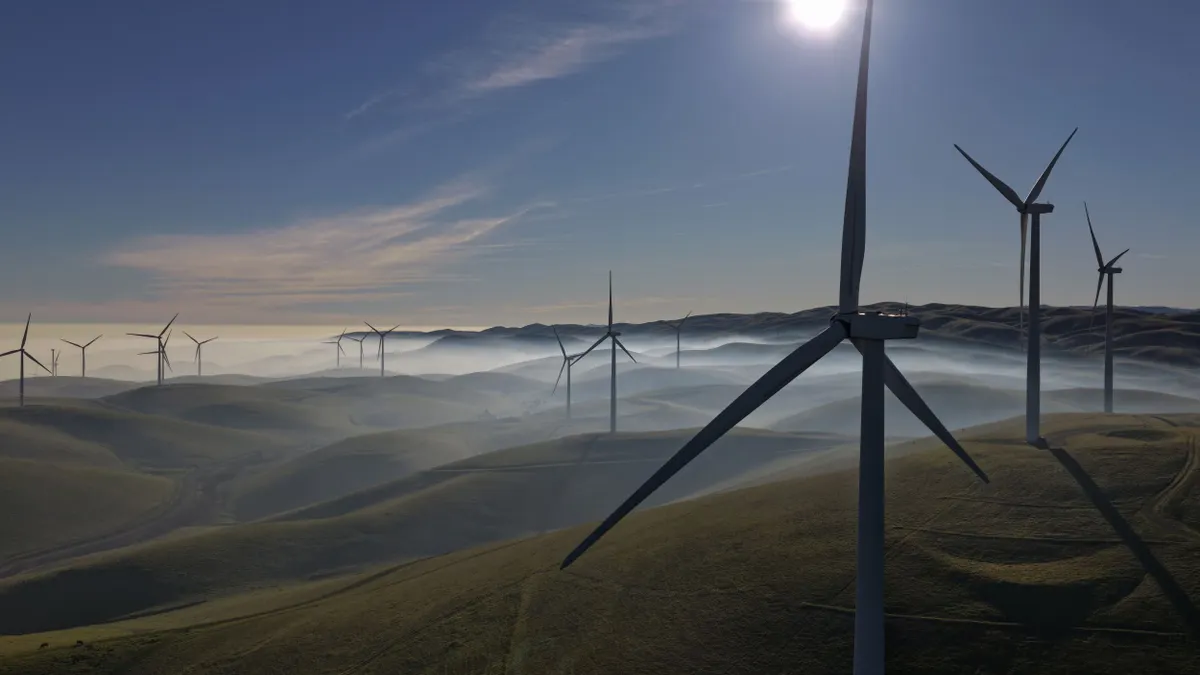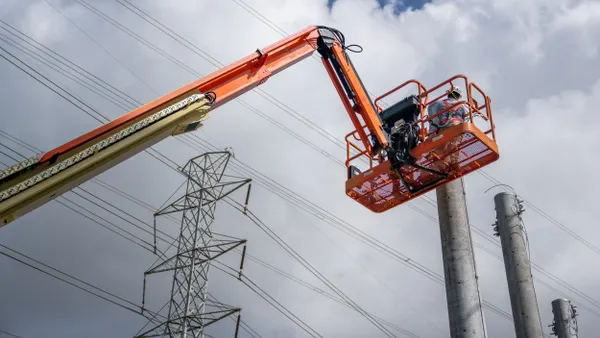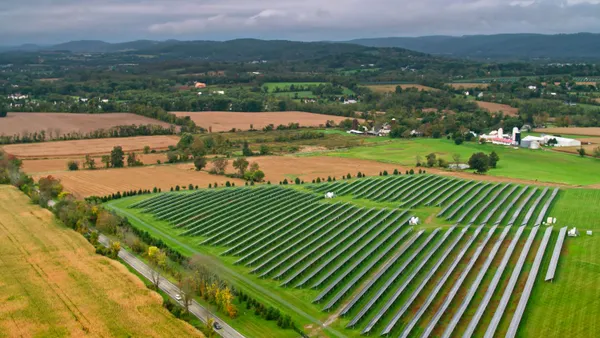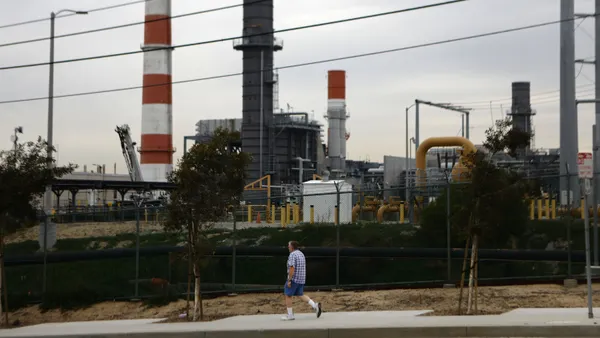An order by a Federal Energy Regulatory Commission administrative law judge threatens cost caps included in competitive transmission solicitations across the United States, according to the California Independent System Operator.
A May 22 ruling by FERC ALJ Joel deJesus could also upend FERC’s framework for providing refunds to electricity customers when the agency finds a company has been overcollecting revenue, CAISO said in a filing with the commission on Tuesday.
The California grid operator urged FERC to overturn deJesus’ findings, saying they “will harm ratepayers, undercut the consumer protections afforded by the Federal Power Act …, and cast doubt on the CAISO’s and customers’ ability to rely on voluntary, binding cost caps proposed and agreed to by project sponsors in competitive transmission planning processes.”
The issue centers on a dispute over a proposal by a Lotus Infrastructure Partners affiliate to recover more than double a cost cap for the 500-kV Ten West Link transmission project between California and Arizona. CAISO selected the DCR Transmission project in 2014 following a solicitation that grew out of its transmission planning process. The transmission line started operating a year ago.
DCR in June 2023 asked FERC to approve a transmission tariff based on a $553.3 million estimated project cost compared to a $259 million binding cost cap. Three months later, FERC accepted DCR’s proposal, subject to refund, but ordered hearings and settlement procedures, according to CAISO.
The proceeding was moving under the Federal Power Act’s section 205, according to CAISO. However, deJesus said FERC’s initial order was “ambiguous” as to what FPA section the case should advance under. He contends FERC should have determined that the DCR rate filing was an “initial rate filing” to be handled under section 206 of the FPA and that FERC should have established a refund date under that part of the law.
In his order, deJesus noted that in section 205 filings, the burden of proof for the justness of a rate falls on the applicant — while in section 206 cases, the burden is on the entity challenging a utility’s rate.
DeJesus plans to move forward with the case under the FPA’s section 206, unless FERC acts on appeals to his decision by June 6. Parties appealing the ALJ’s order include CAISO, FERC staff, the Electricity Transmission Competition Coalition and a group that includes the California Public Utilities Commission.



